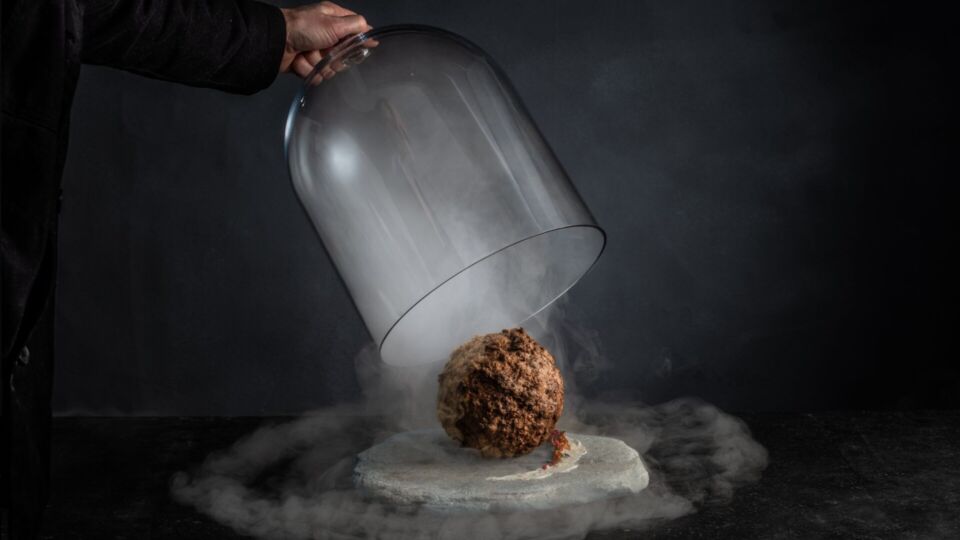An Australian food-tech startup that made a massive meatball using the DNA of a woolly mammoth has plans to introduce other lab-grown meat in Singapore.
Vow told The Straits Times today that they are planning to launch laboratory-cultured quail meat in Singapore later this year following the success of their mammoth meatball made using the cells of the prehistoric creature.
How did they do it? They cultivated more than 40 billion cells to make the 4,000-year-old protein of the woolly mammoth. The cultivated quail meat will need trillions of quail cells, said Founder Tim Noakesmith.
We're creating the impossible over here at Vow. To see what's coming next, go to https://t.co/1UGfHnLN1m 💥#mammothmeatball #forgedbyvow pic.twitter.com/0xptR03IdR
— Vow (@itsjustvow) March 30, 2023
Noakesmith teased that the quail meat is made from quail mince with a “bold umami flavor.” Last month, they gave out samples of their cultured Japanese quail dumplings in Texas which was “well received.”
The mammoth meatball made international headlines when it was revealed last week. Noakesmith said they referred to the full DNA sequence of the woolly mammoth published by Swedish scientists in 2015 and supplemented with DNA from the African elephant. Then, they inserted the sequence of the woolly mammoth DNA into sheep cells to give it aroma, color and taste.
“Launching the cultivated woolly mammoth meatball therefore represents a kind of hope that science could bring, in being able to bring back some form of this animal that has gone extinct, while promoting a new form of sustainable consumption – through tasty, cultivated, slaughter-free meat,” Noakesmith said.
The company has experimented with many exotic cultured meats from alpaca, kangaroo, peacock and crocodile. They grow meat from the cells of animals instead of the animals themselves.
“Let’s eat our way out of extinction,” is the brand’s motto.
Noakesmith said they want to change people’s “tastes and preferences” of readily available meats like chicken, beef and pork and introduce “more delicious and nutritious” meats to the market.
Other stories you should check out:




